Elite Life Agency Blogs
Agent Information and Blog

Requirements for Insurance Agent Jobs: Become a Licensed Insurance Agent in 2023
Requirements for Insurance Agent Jobs: Core Elements of a Successful Insurance Agent
Essential Traits for an Insurance Agent Job
To become a successful insurance agent, you need more than just a license. There are specific traits and skills that hiring managers look for when considering candidates for an insurance agent job. Apart from having a high school diploma or a college degree, successful insurance agents possess soft skills such as effective communication, analytical thinking, and interpersonal skills. They are patient and attentive to detail, proactive problem-solvers, and exhibit a keen sense of time management.
Educational Requirements for an Insurance Career
By law, you need to obtain a license to be an insurance agent in most states. Licensing requirements vary by state, but most states require candidates to complete pre-licensing courses and pass a state-specific exam. Some insurance products require additional certifications such as the Certified Insurance Counselor (CIC)

designation. In addition, some insurance companies may prefer candidates with a degree in risk management, business administration, or a related major.
Types of Insurance Agents: Captive and Independent
There are two types of insurance agents - captive and independent. Captive agents sell insurance products for one insurance company, while independent agents sell policies from multiple carriers. Captive agents usually receive training and support from their insurer, while independent agents are responsible for managing their own business.
Opportunities for Insurance Sales
Insurance agents are responsible for selling various types of insurance, such as life insurance, health insurance, property and casualty insurance, and annuities. Successful insurance agents focus on building relationships with clients and potential prospects, providing excellent customer service, and staying on top of policy renewals.
In conclusion, becoming a licensed insurance agent requires more than just obtaining a license. Successful insurance agents also possess essential traits and skills, are knowledgeable about different types of insurance, and are committed to providing exceptional customer service. Whether you choose to work as a captive or independent agent, the insurance industry provides numerous opportunities for growth and success.
Requirements for Insurance Agent Jobs: Understanding the Educational Pathways and Certifications
Educational requirements for becoming a licensed insurance agent
Becoming an insurance agent requires a high school diploma or equivalent, and you must meet your state's licensing requirements. Many states require you to complete pre-licensing courses and pass a licensing exam. The licensing requirements vary by state, but all states require agents to pass a state exam to sell insurance.
Opportunities for insurance education
If you're interested in becoming an insurance agent, there are a variety of educational opportunities that you can pursue. Many colleges and universities offer degrees in risk management or insurance, but a college degree is not always required. Some employers provide on-the-job training, which can be an excellent way to learn about the industry. Additionally, there are a variety of certifications that you can earn to demonstrate your knowledge and expertise, such as the Certified Insurance Counselor (CIC) designation.
Different types of insurance agents

There are two main types of insurance agents: captive and independent. Captive agents work exclusively for one insurance company, selling only their products. Independent agents, on the other hand, represent multiple carriers and have the ability to sell a wider range of insurance products. Both types of agents have their own unique advantages and disadvantages, and the right choice for you will depend on your career goals and interests.
Soft skills for success in the insurance industry
While having a solid education and understanding of the insurance industry is important, there are also a variety of soft skills that can help you excel in your insurance career. Communication skills are essential for building relationships with clients and understanding their needs. Analytical skills are important for evaluating risk and determining appropriate coverage options. Interpersonal skills are crucial for working with colleagues, clients, and underwriters. Ultimately, a successful insurance agent must possess a well-rounded combination of education, technical knowledge, and soft skills to help clients navigate the insurance process.
In conclusion, becoming a licensed insurance agent requires meeting your state's licensing requirements, completing pre-licensing coursework, and passing an exam. Pursuing a degree in risk management or insurance is a great way to demonstrate your knowledge and stand out to hiring managers. As an insurance agent, you have the opportunity to enhance your career by earning certifications and developing your soft skills. Whether you choose to work as a captive or independent agent, the insurance industry provides a variety of rewarding career paths with the potential for a high salary and the ability to help others.

Thanks for reading our article "Conquering Insurance Agent Requirements: Breaking down the basics of becoming a successful insurance agent!" Find more information about our company and sign up with us today at https://elitelifeagency.com.
Here are a few other reputable sources if you're interested in learning more about this topic:
1. Insurance Information Institute - iii.org
2. National Association of Insurance Commissioners - naic.org
3. Investopedia - investopedia.com/insurance
4. United States Department of Labor - dol.gov/agencies/whd/insurance
5. National Association of Professional Agents - napa-benefits.org
6. The American Institute of CPCU (Chartered Property Casualty Underwriters) - theinstitutes.org
7. International Risk Management Institute - irmi.com
8. Insure U - insureuonline.org
9. Insurance Career Trifecta - insurancecareertrifecta.org
10. Independent Insurance Agents & Brokers of America - iiaba.net



